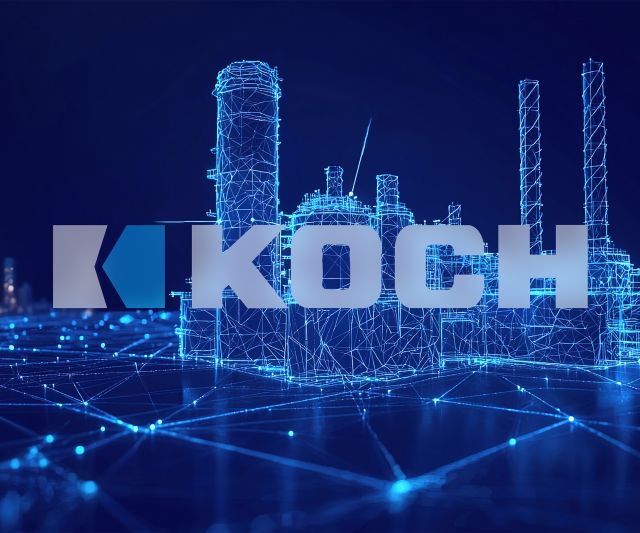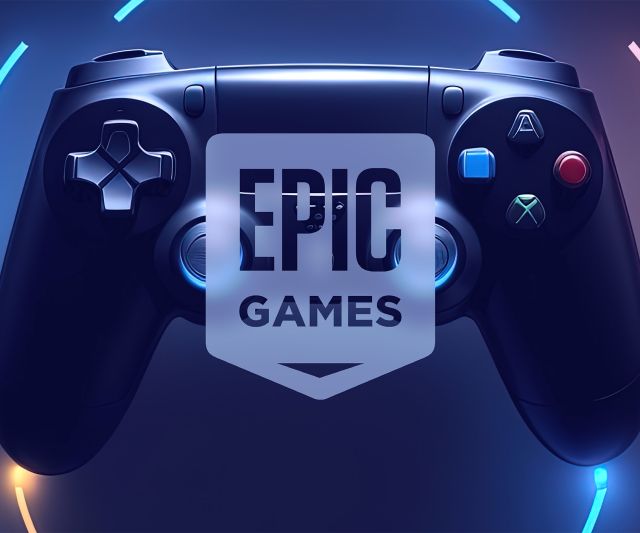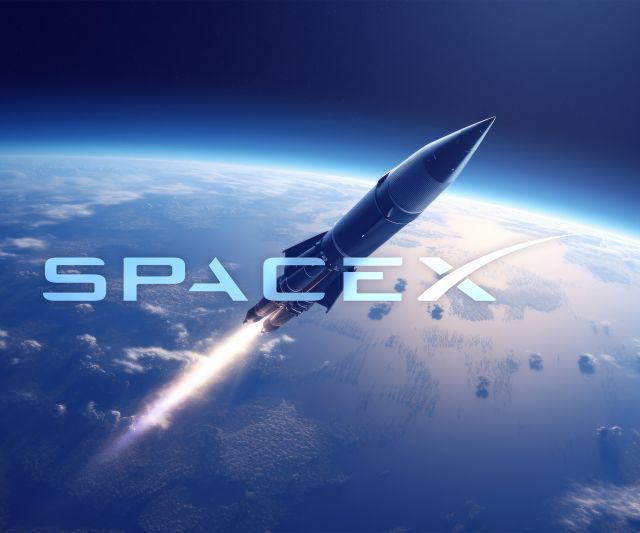Introduction
Epic Games' business model has proven remarkably effective, especially in the digital entertainment space. The company receives a 12% commission on third-party game sales through its store platform, compared to the industry-standard 30% taken by competitors. This competitive advantage has attracted numerous developers and publishers to the platform. The Unreal Engine generates steady income through licensing fees and royalties, with major game studios, film producers, and architectural firms using the technology for various applications.
Market Position and Scale
When analyzing Epic Games' market position, the numbers tell a compelling story. The company maintains over 350 million registered Fortnite players worldwide, while the Unreal Engine powers thousands of games across multiple platforms. This diverse revenue structure provides stability and growth potential, as the company isn't solely dependent on game sales. Epic Games has also made strategic acquisitions, including the purchase of Harmonix and Bandcamp, expanding its reach into music and digital entertainment sectors.
Financial Outlook and Industry Competition
The financial outlook for Epic Games shows strong growth trajectories. The company's valuation reached $31.5 billion in 2022, reflecting investor confidence in its long-term potential. This valuation takes into account not just current revenue streams but also Epic's positioning in emerging markets like virtual reality and augmented reality. The company's investments in metaverse technology and digital social spaces suggest additional revenue opportunities on the horizon. Private investors have recognized this potential, with notable funding rounds attracting major players like Sony and Tencent.
Competition in the gaming industry remains fierce, with companies like Valve's Steam platform dominating PC game distribution and major publishers like Electronic Arts and Activision Blizzard commanding significant market share. However, Epic Games has carved out a unique position through its technology leadership and innovative approach to gaming economics. The company's willingness to challenge industry norms, as seen in its legal battles over app store policies, demonstrates its commitment to reshaping digital commerce in gaming.
Private Company Status and Investment Challenges
Epic Games remains privately held, which creates specific challenges for potential investors. Here's what you need to know about the company's current ownership structure and investment possibilities.
Why can't I buy Epic Games stock directly?
Epic Games operates as a private company, meaning its shares aren't traded on public stock exchanges like the NYSE or NASDAQ. Unlike public companies such as Electronic Arts or Take-Two Interactive, Epic Games hasn't gone through an Initial Public Offering (IPO). This private status limits direct investment options to specific types of investors, typically institutional investors and high-net-worth individuals who meet strict financial requirements.
Who owns Epic Games right now?
The ownership structure of Epic Games includes several major stakeholders:
- Tim Sweeney (CEO) maintains majority control with over 50% ownership
- Tencent Holdings holds approximately 40% stake, acquired in 2012
- Sony Corporation owns a 1.4% stake following a $250 million investment in 2020
- Other private investors and employees hold smaller percentages
This ownership distribution affects potential investment strategies, as any new investment must typically happen through these existing channels or wait for public offering opportunities.
What makes private investment in Epic Games challenging?
Several factors create barriers to private investment:
- Minimum investment requirements often exceed $1 million
- Strict accredited investor qualifications demand either:
- $200,000+ annual income for individuals
- $1 million net worth excluding primary residence
- Limited share availability in private markets
- Complex legal requirements for private securities transactions
- Lack of public financial disclosures
These restrictions exist to comply with SEC regulations and protect both the company and potential investors.
Are there any ways around these investment barriers?
While direct investment remains restricted, alternative approaches exist:
- Investment in companies with significant Epic Games holdings:
- Private equity funds that include Epic Games in their portfolios:
- Some mutual funds and ETFs focused on gaming industry
- Special purpose investment vehicles
- Secondary market platforms:
- EquityZen
- Forge Global
- SharesPost
These alternatives come with their own considerations and risks, including limited liquidity and potential premium pricing.
What changes could affect investment accessibility?
Several factors might increase investment accessibility:
- Potential future IPO plans
- Changes in SEC regulations regarding private company investments
- New investment platforms specializing in pre-IPO shares
- Additional strategic partnerships creating indirect investment opportunities
These possibilities warrant attention from interested investors, though timing remains uncertain. The company's $31.5 billion valuation and strong revenue growth, as mentioned earlier, suggest continued interest from both private and institutional investors.
Alternative Ways to Invest in Epic Games
While direct stock purchase isn't possible due to Epic Games' private status, several alternative investment paths exist. Building on our understanding of Epic's ownership structure and market position, here are practical ways to gain financial exposure to the company's success.
1. Invest in Public Companies with Epic Games Stakes
The most straightforward approach involves buying shares in publicly traded companies that own significant portions of Epic Games:
- Tencent Holdings (TCEHY) - Owns 40% of Epic Games
- Sony Group Corporation (SONY) - Holds 1.4% ownership
These investments provide partial exposure to Epic's growth while offering the liquidity and transparency of public markets. For example, when Fortnite revenue increases, Tencent's quarterly earnings often reflect this success.
2. Access Pre-IPO Shares Through Secondary Markets
Secondary market platforms allow accredited investors to purchase existing private shares:
- EquityZen - Minimum investment typically $20,000
- Forge Global - Connects sellers with qualified buyers
- SharesPost - Facilitates private share transactions
These platforms require accredited investor status, meaning $200,000+ annual income or $1 million net worth excluding primary residence.
3. Join Private Equity Funds
Several private equity funds include Epic Games in their portfolios. While requiring larger minimum investments ($250,000+), these funds offer professional management and diversification:
- Technology-focused venture capital funds
- Gaming industry investment pools
- Late-stage growth funds
4. Employee Stock Options and RSUs
For those in the technology or gaming industries, joining Epic Games as an employee might provide access to equity compensation. The company offers:
- Stock option plans for qualified employees
- Restricted Stock Units (RSUs) for key positions
- Employee stock purchase programs when available
5. Gaming Industry ETFs
Exchange-Traded Funds focused on gaming and interactive entertainment often include companies connected to Epic Games:
- VanEck Video Gaming and eSports ETF (ESPO)
- Global X Video Games & Esports ETF (HERO)
- Roundhill BITKRAFT Esports & Digital Entertainment ETF (NERD)
6. Special Purpose Investment Vehicles
Some investment firms create special vehicles specifically for Epic Games investment:
- Pooled investment funds
- Investment syndicates
- Special purpose vehicles (SPVs)
These options typically require $50,000+ minimum investments and come with management fees.
Each investment method carries specific risks and requirements. Investors should analyze their financial situation, risk tolerance, and investment timeline before choosing an approach. Remember that Epic's $31.5 billion valuation and strong revenue growth make it an attractive but complex investment target.
Preparing for a Potential IPO
Epic Games shows several indicators suggesting a possible public offering in the near future. Recent market data from 2023 indicates that gaming industry IPOs have generated over $5 billion in proceeds, creating favorable conditions for major players like Epic to consider public markets.
Current IPO Indicators
Several key developments point toward Epic Games' IPO readiness:
- Revenue growth exceeding $6 billion annually
- Expansion into multiple revenue streams beyond gaming
- Strategic acquisitions strengthening market position
- Professional management team structure
- Established financial reporting systems
Monitoring Epic's IPO Progress
Investors can track several reliable information sources to stay informed about Epic's potential IPO:
- SEC Filings: Watch for Form S-1 registration statements
- Financial News Services:
- Bloomberg
- Reuters
- Wall Street Journal
- Industry Reports: Gaming sector analyses and market research
Practical Steps for IPO Preparation
Interested investors should consider these action items:
- Financial Preparation:
- Set aside investment capital
- Open a brokerage account if needed
- Research similar gaming company IPO performances
- Broker Selection:
- Compare IPO access across different brokers
- Verify participation requirements
- Understand allocation processes
Market Analysis
Recent gaming industry IPO data shows:
- Average first-day returns of 27% for gaming companies (2022-2023)
- Tech sector IPOs maintaining 31% average gains post-listing
- Strong institutional investor interest in gaming stocks
Understanding Epic's $31.5 billion private valuation helps frame potential IPO pricing. Similar companies have typically offered 10-15% of shares during initial offerings, suggesting a possible public float value between $3-5 billion.
Pre-IPO Investment Options
While waiting for the public offering, investors might consider:
- Building positions in related companies mentioned in previous sections
- Participating in gaming industry ETFs
- Monitoring secondary market opportunities
The gaming market's projected growth to $321 billion by 2026 provides context for Epic's potential public offering timing. Companies often aim to go public during strong market conditions and sustained industry growth periods.
Risk Management
IPO investments carry specific risks:
- Price volatility in early trading days
- Lock-up period restrictions
- Market timing uncertainties
- Valuation challenges
Successful IPO participation often requires careful planning and patience. Epic Games' strong market position and diverse revenue streams suggest solid fundamentals for public market consideration, but timing remains a key factor in investment decisions.
Risk Factors to Consider
Investing in Epic Games, whether through indirect means now or potential direct investment later, requires careful evaluation of several key risk factors. The gaming industry's dynamic nature, combined with Epic's unique market position and private status, creates specific challenges that investors should understand before committing capital.
Market and Competition Risks
Overreliance on Fortnite Revenue
While Epic Games generates substantial income from multiple sources, Fortnite still accounts for over 50% of revenue. This concentration poses risks if:
- Player engagement decreases
- New competitors emerge
- Gaming trends shift away from battle royale formats
Technology Platform Dependencies
Epic's success relies heavily on access to various gaming platforms and app stores:
- Apple and Google Play Store disputes affect mobile revenue
- Console partnerships require ongoing negotiation
- Cloud gaming services might disrupt traditional distribution
Financial and Valuation Risks
Private Market Valuation Uncertainty
The $31.5 billion valuation mentioned earlier faces several challenges:
- Limited public financial information
- Difficult comparison metrics
- Potential market corrections affecting gaming valuations
Regulatory and Legal Exposure
Epic's ongoing legal battles and regulatory oversight create uncertainty:
- App store commission disputes
- Data privacy regulations
- International gaming restrictions
- Minor protection laws
Practical Investment Considerations
Liquidity Constraints
Private investment options discussed previously come with restrictions:
- Secondary market trading limitations
- Lock-up periods
- Minimum holding requirements
- Complex exit procedures
Risk Mitigation Strategies
- Portfolio Diversification
- Spread investments across multiple gaming companies
- Include both established and emerging players
- Balance direct and indirect exposure
- Investment Timing
- Monitor market cycles
- Track gaming industry trends
- Watch for regulatory changes
- Due Diligence
- Research competitive landscape
- Analyze financial metrics when available
- Study similar gaming company performances
- Risk Management Tools
- Position sizing limits
- Stop-loss orders for public market investments
- Regular portfolio rebalancing
Technology and Innovation Risks
The gaming industry's rapid evolution presents specific challenges:
- New technology adoption costs
- Changing consumer preferences
- Infrastructure requirements
- Cybersecurity threats
Epic's Unreal Engine technology, while currently industry-leading, requires constant updates and improvements to maintain market position. This demands significant ongoing investment in:
- Research and development
- Talent acquisition
- Technical infrastructure
- Security measures
Market Concentration Risk
Geographic and demographic factors affect Epic's market reach:
- Regional gaming regulations
- Cultural differences in gaming habits
- Age-restricted content rules
- Market saturation levels
These risk factors don't necessarily make Epic Games an unsuitable investment, but they require careful consideration and ongoing monitoring. Successful investors typically develop strategies to track these risks while maintaining appropriate position sizes within their broader investment portfolio.




















